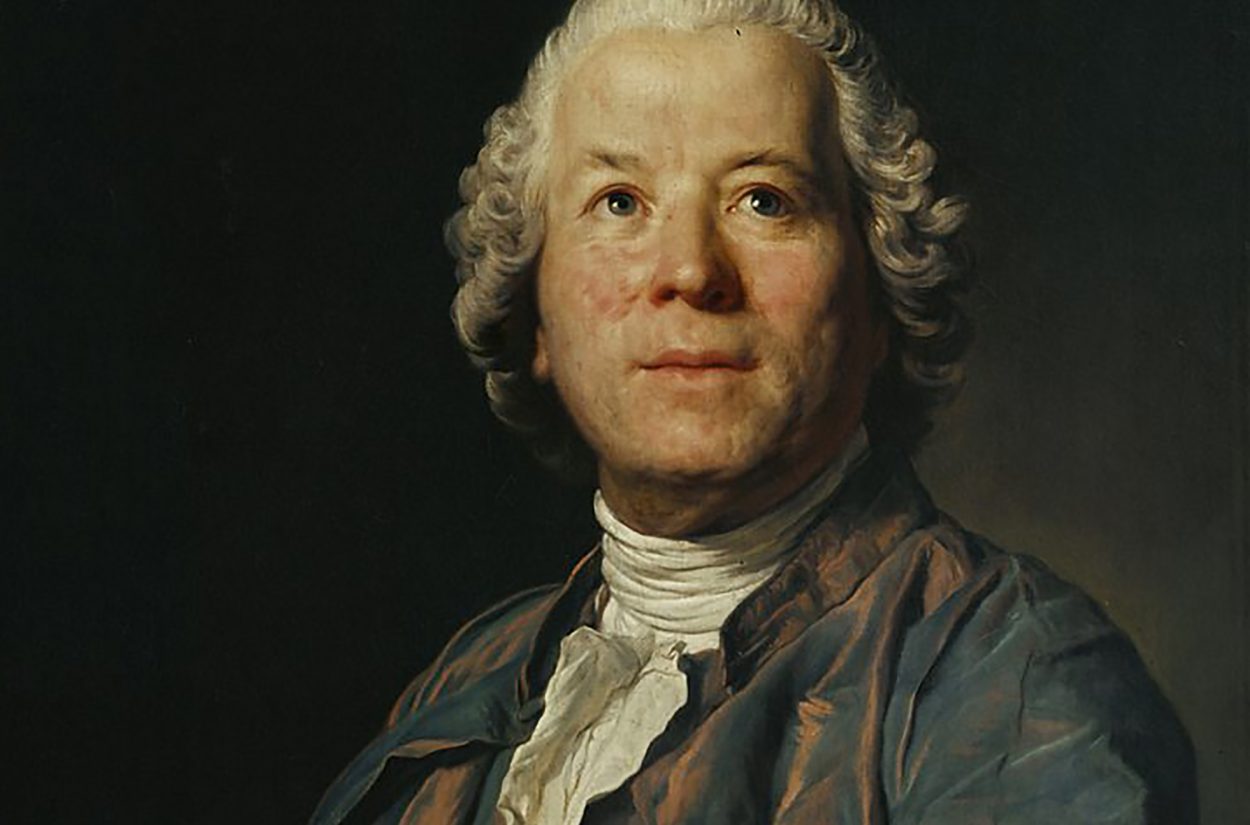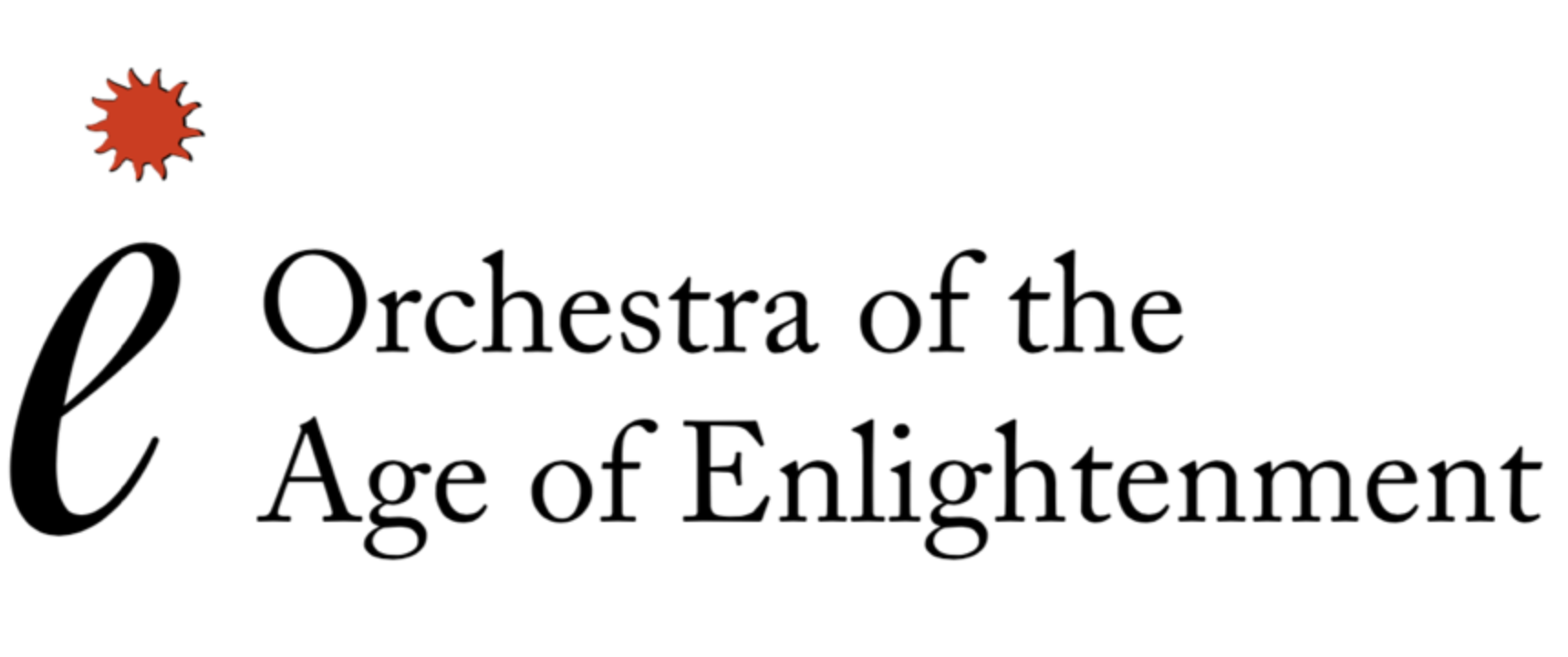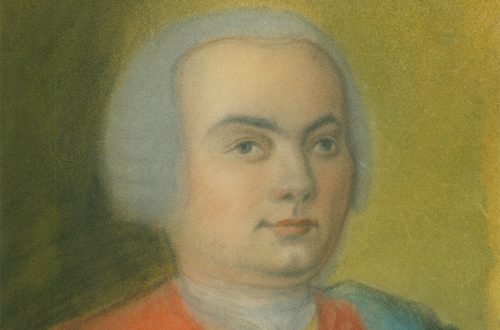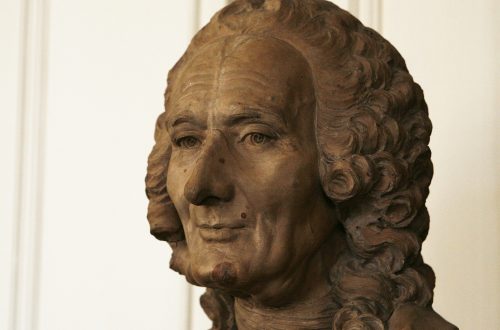Six things you (probably) didn’t know about Christoph Willibald Gluck 22 January 2019

What’s in a name? Admittedly, Christoph Willibald Gluck wasn’t blessed with the most inspiring of them – it’s hardly evocative like the great Italian opera composers or his 18th century counterpart, Mozart.
But don’t let that put you off. Often overlooked, Gluck is one of the great opera composers. He wrote 49 in total, evolving the genre from the extravagancies of the Baroque era to the more focused, storytelling genre it became.
Here are some things you probably didn’t know about him.
1. His dad really didn’t want him to be a composer
Gluck was born the son of a head forester in Bohemia (modern day Czech Republic) who did everything in his power to prevent his son becoming a musician. The thirteen year-old Gluck’s response was to run away to Prague.
2. He came to London at exactly the wrong time
Gluck travelled widely in his twenties and thirties, working in Italy, England and Germany. His stint as the house composer at London’s King’s Theatre was ruined, however, by the Jacobite rebellion, which meant the venue was closed for most of the year
3. Gluck changed opera completely
As he matured, Gluck grew unsatisfied with the extravagant conventions of Baroque opera, as epitomised by composers such as Handel or Vivaldi. His influential reforms included reducing the amount of repetition in an aria and trying to make the sung words more intelligible to the audience
4. He caused a culture war
Gluck moved to Paris and adapted many of his operas into French, for example Orfeo ed Euridice, which become Orphée et Eurydice. His first Parisian opera, Iphigénie en Aulide, led to a frenzied culture war between advocates of opera in French and those who supported the old Italian style
5. He was rebellious and stubborn
Despite being subject to the whims of the French Royal family, Gluck rarely compromised, even cancelling a performance the King was due to attend because he wasn’t happy with the production. This stubborn streak had its down side too – he died in 1787 after going against doctors’ advice to stop drinking
6. We only know half of this underrated genius’ output.
Unfortunately, about 50% of Gluck’s music was lost in a fire in 1809.



